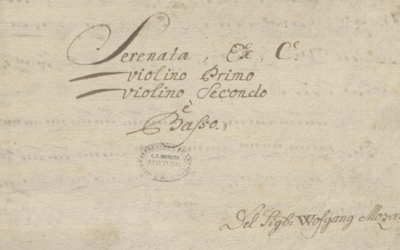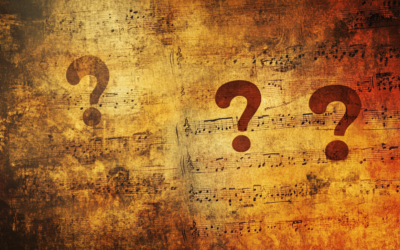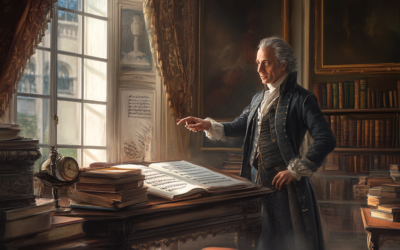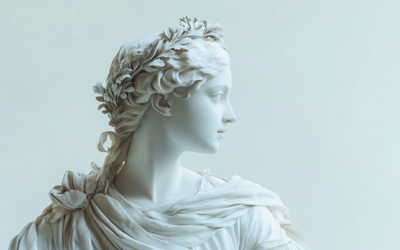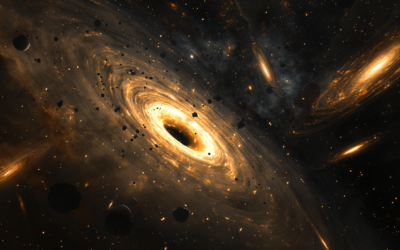Mozart Unveiled on Radio Vaticana:
A Landmark Broadcast
Experience the power of critical musicology as Luca Bianchini and Anna Trombetta present their groundbreaking insights on Mozart’s legacy on the prestigious Radio Vaticana.
Each episode unveils secrets and challenges the myths surrounding this celebrated composer.
Mozart: The Fall of the Gods
This book compiles the results of our studies on 18th-century music and Mozart, who has been revered for over two centuries as a deity. We dismantle the baseless cult of Mozart and strip away the clichés that falsely present him as a natural genius, revealing the contradictions in conventional biographies. In this work, divided into two parts, we identify and critically analyze several contradictory points in the vast Mozart bibliography. Each of the nearly 2,000 citations is meticulously sourced, allowing readers to verify the findings. This critical biography of Mozart emerges from these premises, addressing the numerous doubts raised by researchers.
"Mozart is not what history wants us to believe—sometimes, the truth is stranger than the myth."
Mozart: The Fall of the Gods
e esteemed musicologists Luca Bianchini and Anna Trombetta are bringing their provocative insights on Mozart to none other than Radio Vaticana, the Vatican’s highly revered station. Through a series of enlightening episodes of L’Arpeggio, Bianchini and Trombetta will delve into the myth surrounding Mozart, revealing intricate details from their groundbreaking book, Mozart: The Fall of the Gods. In a truly prestigious event, Radio Vaticana honors these scholars’ in-depth research and fearless questioning of Mozart’s legacy, underscoring the importance of evidence-based musicology in the modern world.
A Closer Look: The Episodes
First Episode
Introduction – The Birth of the Mozart Myth
Watch here: YouTube
Second Episode
The Quartets
Watch here: YouTube
Third Episode
The Duets and Quintets
Watch here: YouTube
Fourth Episode
Theater Director and The Marriage of Figaro
Watch here: YouTube
Fifth Episode
Divertimento K. 522
Watch here: YouTube
These first ten episodes explore key works of Mozart, presenting a rare, detailed critique that challenges the unexamined adulation Mozart often receives. From operas to quartets, this series promises to illuminate and unsettle long-held assumptions.
Special Feature: The Magic Flute
Explore more about Mozart’s most enigmatic work, The Magic Flute, through exclusive audio and video.
Follow this unparalleled broadcast to uncover a new perspective on Mozart, backed by historical scrutiny and the primary sources that few dare to reveal.
You May Also Like
Mozart’s Serenade? A New Discovery? Really?
In Leipzig, what was thought to be a new autograph of Mozart turned out to be a questionable copy. Why are such rushed attributions so common for Mozart, and why is it so hard to correct them when proven false?
Mozart’s K 71: A Fragment Shrouded in Doubt and Uncertainty
Mozart’s K 71, an incomplete aria, is yet another example of musical ambiguity. The fragment’s authorship, dating, and even its very existence as a genuine Mozart work remain open to question. With no definitive evidence, how can this fragment be so confidently attributed to him?
Unpacking Mozart’s Early Education
The story of Ligniville illustrates the pitfalls of romanticizing Mozart’s early life and education, reminding us that the narrative of genius is often a construct that obscures the laborious aspects of musical development.
The False Sonnet of Corilla Olimpica
Leopold Mozart’s relentless pursuit of fame for his son Wolfgang led to questionable tactics, including fabricating a sonnet by the renowned poetess Corilla Olimpica. This desperate attempt to elevate Wolfgang’s reputation casts a shadow over the Mozart legacy.
Mozart’s K 73A: A Mystery Wrapped in Ambiguity
K.143 is a prime example of how Mozart scholarship has turned uncertainty into myth. With no definitive evidence of authorship, date, or purpose, this uninspired recitative and aria in G major likely originated elsewhere. Is it time to admit this is not Mozart’s work at all?
A Farce of Honour in Mozart’s Time
By the time Wolfgang Amadeus Mozart received the Speron d’Oro, the once esteemed honour had become a laughable trinket, awarded through networking and influence rather than merit. Far from reflecting his musical genius, the title, shared with figures like Casanova, symbolised ridicule rather than respect.


